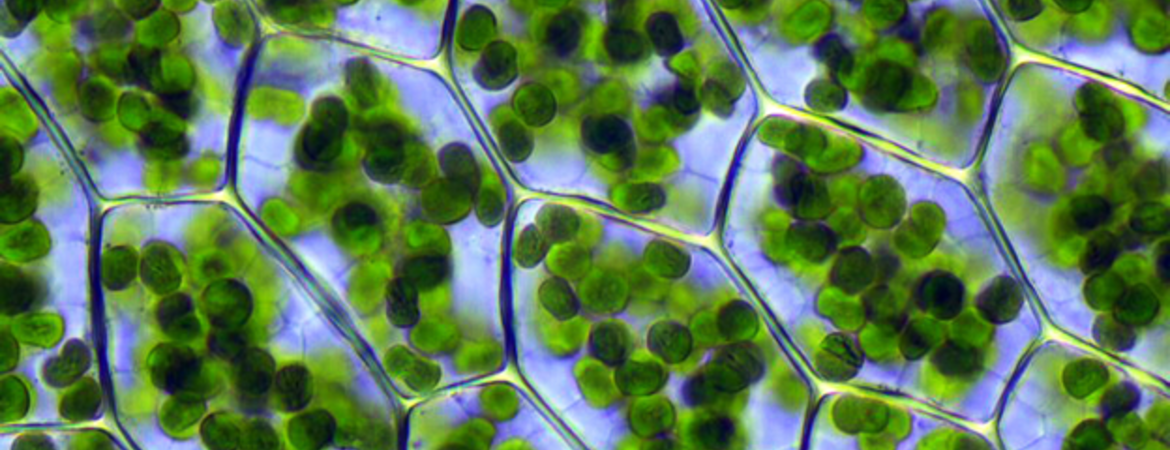
Xuemei Chen, Robert Jinkerson, and Meng Chen received an NSF grant to establish a transformative RNA sequencing technology for studying plastids.
The plant cell stores its DNA in not only the nucleus but also the plant-specific organelles, the plastids. Plastid DNA can be transcriptionally programmed to instruct the differentiation of plastids into diverse types, such as the well-known photosynthetically active chloroplasts. In fact, plastids function far beyond photosynthesis in a variety of essential roles in development, metabolism, signaling, and immunity in plants. However, because each plant cell harbors tens to hundreds of plastids, current RNA sequencing approaches – even those using single cells – average plastid transcriptomic profiles, and thereby, potentially obscure biologically relevant transcriptomic variations that distinguish unique plastid types. As a result, our understanding of plastid types and their functions remains rudimentary.
A UCR team consisting of IIGB faculty Xuemei Chen, Robert Jinkerson, and Meng Chen have been awarded an NSF EAGER grant to tackle the long-standing problem in plant biology. The NSF EAGER (Early-concept Grants for Exploratory Research) mechanism supports radically different and potentially transformative research ideas or approaches. The two-year grant of $300,000, entitled “spRNA-seq: high-throughput transcriptome analysis of single plastids”, is aimed at establishing a cutting-edge technology to sequence RNA molecules from single plastids, namely single-plastid RNA sequencing (spRNA-seq). spRNA-seq allows the determination of molecular signatures of thousands of individual plastids in one experiment, making it possible to create a complete plastid-type atlas and elucidate their functions. This enabling technology is expected to revolutionize research on plastids and will generate novel insights into how plastids affect plant biology, ecology, and evolution.